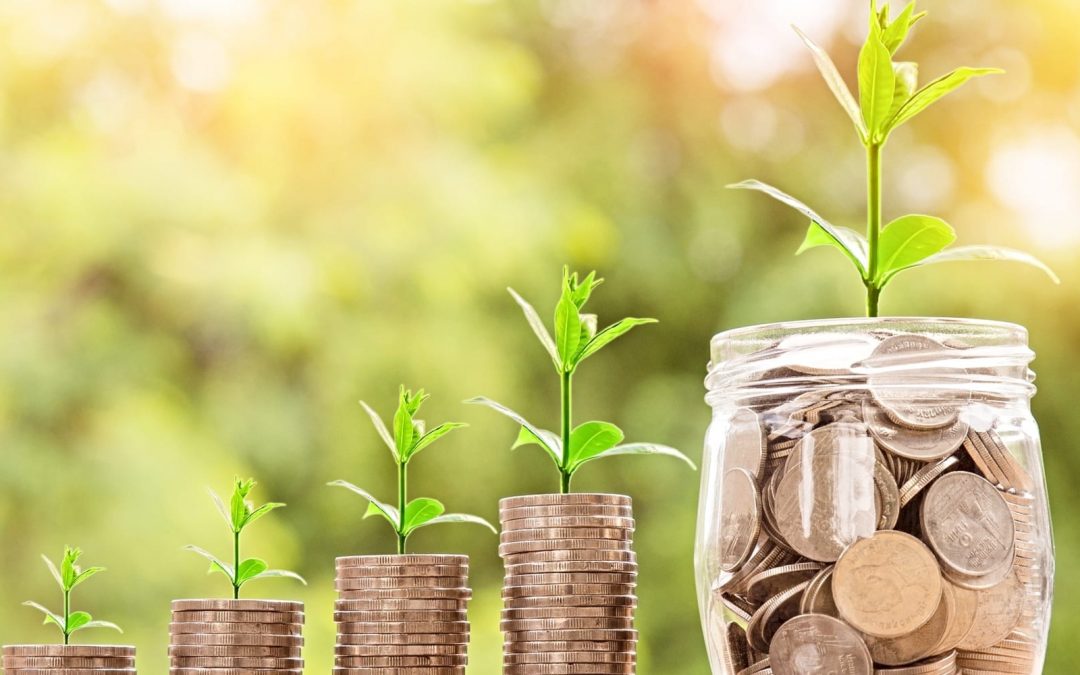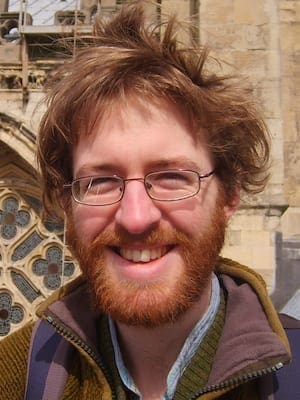Our economic system is fundamentally unjust.
Can we imagine a just economics in line with the joyful grace of Scripture?
I was in a meeting recently with representatives from utility companies (the only two providers on the Isle of Man where I live: state-owned electricity and a private gas company) who were talking to us about all the things they did to support vulnerable adults.
Home visits, energy-efficiency advice, budgeting plans, priority-care lists, free energy-saving lightbulbs – the list was a long one.
After the representatives left, the social worker who chairs the meeting turned to me and asked what I thought.
I told her it all sounded great but that it was all hassle, and people with chaotic lives find it almost impossible to access the wonderful help that is available.
“I just think all utilities should be free,” I said.
The social worker looked at me and smiled. “You live in a very different world from the rest of us, don’t you?” she asked.
Well, I hope so.
We live in a world almost entirely dictated by economics. The monetary bottom line determines not only what we do but much of what we even think of as possible.
It is hard to realize how blinkered we are and how much of an influence our economic system has upon our practice of life and faith. How do the blind know they are blind?
The signs are in plain sight if we have the eyes to see.
The Isle of Man had nine residents named on the recent Sunday Times Rich List, topped by PokerStars entrepreneur Mark Scheinberg, said to be worth more than 3.54 billion pounds ($4.48 billion). His wealth actually decreased last year.
The combined wealth of these nine residents totaled nearly 11.67 billion pounds ($14.76 billion). Our treasury minister meanwhile has increased the tax cap for wealthy residents, minimizing their already minuscule taxes.
At what point, I wonder, will we realize that an economic system that allows such wealth while much of the rest of the world struggles to meet the basic needs of life is fundamentally unjust and unjustifiable?
At what point will we be able to imagine an alternative? How extreme must it get?
The island prides itself on being an international finance center of excellence, yet you don’t find financial creativity being put to good use in reimagining a more just economics.
Just the opposite: We entrench the wealth of the already super wealthy, both individuals and corporations.
While the details may differ, these general arrangements and conditions are replicated in nations across the world.
Most of our thinking, praying, yearning and struggling takes place within the seemingly solid confines of this demonic economic system.
With the very best of intentions, we try to tinker with the system to make it less flagrantly abusive. Hence, the budgeting plans and free light bulbs.
In another meeting with local politicians and civil servants, we discussed “cold, hunger and homelessness.”
We talked about data and the intricacies of the welfare regime and the need to work together. No one suggested we perhaps try and provide free heating, food or houses.
We don’t try to redesign a system that ensures there’s no oppression in the first place.
We don’t try to imagine, let alone embody, an economics that is the servant of people and not their master, that puts the dignity and life of humans and the planet before the pursuit of profit.
This is strange, given our story in Scripture that sings of the abundant grace and gift of a good God.
Creation and life remain an utter, undeserved, glorious gift. They are not possessions to be owned or exploited.
In Isaiah 55:1, the prophet sang of people coming to the waters without money to buy food, to drink and eat.
Jesus told story after story of God’s undeserved goodness and kindness to all, inviting everyone to the feast where there is always enough.
The early church dared to take steps into a dangerous social reality where lives and possessions were shared and there were no rich or poor. And then there’s jubilee, joyfully proclaiming a structural remission of debt.
If we opened our eyes, we’d see a radical and just economics, an economy of abundance and enough, shining out of the pages we read so often.
There are alternatives out there, as we desperately struggle at the limits of our imaginations.
I came across Universal Basic Services recently. It’s a fully costed model for the United Kingdom that extends the National Health Service principle to the areas of food, housing, transport and information technology.
It’s arguable that even this fails to really change the fundamental economic structures of our lives, but it may be a significant step in the right direction.
If Christians, steeped in the radical economics of Scripture and sustained by the grace of an abundant God, cannot begin to imagine and enact an alternative economy, who will?
Do I live in a different world?
I really want to.
Editor’s note: A version of this article first appeared in The Baptist Times – the online newspaper of the Baptist Union of Great Britain. It is used with permission.
Michael Manning is a co-ordinator of Graih, a charity serving those who are homeless and in insecure accommodation on the Isle of Man. He lives with his family in a shared household and belongs to Broadway Baptist Church in Douglas. He is the author of “No King, But God – Walking as Jesus Walked.”


